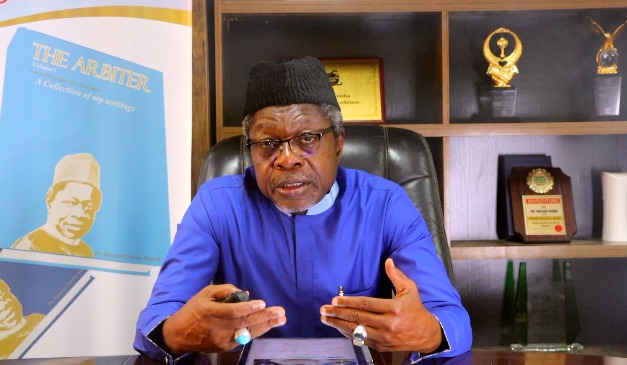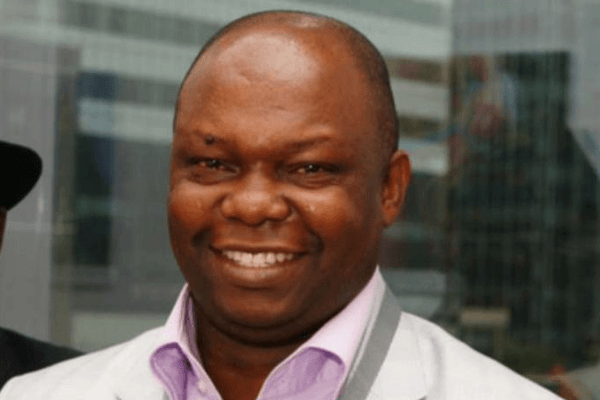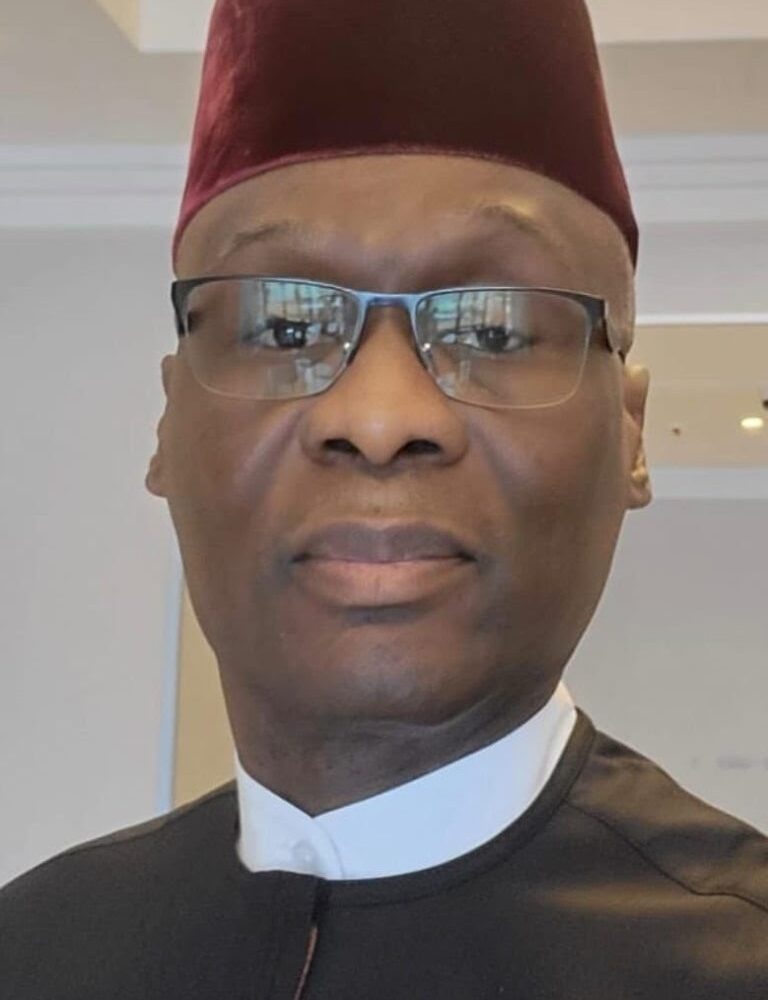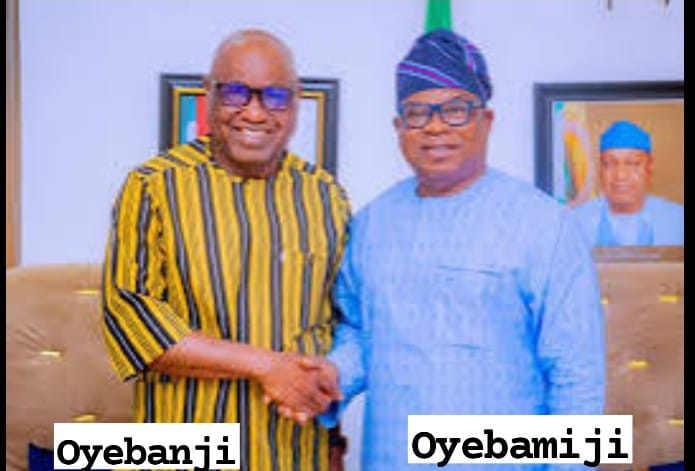That is the question. Perhaps we should first take a look at Lake Chad and Mai Mala Buni, the governor of Yobe State and current chairman of the Lake Chad Basin Governors’ Forum.
The Lake Chad Basin is an area of about 2,434,000 square kilometres (940,000 square miles), roughly 8 per cent of Africa. It includes parts of Cameroon, Chad, Nigeria, and Niger and is fed by the Chari, Logone, and Yobe Rivers.
There are around 30 million inhabitants and over 70 ethnic groups, with their primary sources of livelihood being farming, fishing, and animal husbandry. The lakeside is rich in reeds and swamps, while the plains along the lake are fertile, making it an important area for irrigated agriculture. The lake is abundant in aquatic resources and is one of the key freshwater fish-producing regions in Africa. It is an important ecological site for thousands of migratory birds, with over 350 species listed.
However, the shrinking of the lake and insurgency have adversely affected this economic zone. It has harmed the economic fortunes of Borno and Yobe, the two Nigerian states bordering it, as well as those of the other countries sharing the lake.
Any population faced with hunger due to a natural phenomenon, such as the shrinking of the lake, and a man-made disaster, like insurgency, will undoubtedly struggle for survival. Sometimes, when such a population is spread across countries, the nations involved may become suspicious of one another, potentially leading to conflict if not handled with maturity.
These are some of the reasons why Sir Tafawa Balewa, Prime Minister of Nigeria, François Tombalbaye of Chad, Hamani Diori of Niger, and Ahmadu Ahidjo of Cameroon came together to establish the Lake Chad Basin Commission (LCBC) on 22 May 1964, with its headquarters in N’Djamena, Chad. This made the LCBC Africa’s oldest river or lake basin organisation, funded through contributions from member states.
They created it as an intergovernmental organisation to manage Lake Chad and its shared resources, preserve the ecosystems of the Basin, promote regional integration, peace, and security, and examine complaints and settle disputes.
The membership later expanded to include Cameroon, Chad, Niger, Nigeria, Algeria, the Central African Republic, Libya, and Sudan. The Central African Republic joined the organisation in 1996, and Libya was admitted in 2008.
The late Libyan leader, Mu’ammar Ghaddafi, had the vision to make the LCBC purposeful for the benefit of the region, thereby pumping needed funds into its running. However, his assassination in October 2011, derailed that march causing a lull in its activities.
To resuscitate the ideals behind setting it, the LCBC Governors’ Forum was established in 2018 as a regional initiative that aims to promote dialogue and cooperation in the Lake Chad Basin. Established by governors from areas affected by Boko Haram, it is an annual platform for governors and other stakeholders to discuss ways to improve the region’s security, trade, and economic recovery.
Therefore with the mandate to be a key platform for promoting peace and addressing the region’s humanitarian crises, it is an important political and pivotal platform for uniting regional stakeholders and visionaries to confront the intersecting challenges of human development. The forum encourages cross-border cooperation and security and provides a space for dialogue and coordination between member states.
However, all these lofty ideals cannot be achieved as long as there is mutual suspicion and unhealthy competition among member states. One could say there is no love lost between Nigeria and Niger at the moment. Cameroon has been our eternal “Derby partner,” our relationship with Chad is not at the level it should be, and now Niger is veering down a questionable path. The truth is that a country’s security and economic well-being are closely linked to the quality of its relations with its neighbours.
Just before the LCBC 5th Governors’ Forum, held between 29 and 31 January this year in Maiduguri and hosted by the Yobe State Government, where Governor Mai Mala Buni emerged as the chairman, Nigeria and Niger Republic could hardly be described as the best of friends.
General Abdourahamane Tchiani, the leader of Niger, had accused his Nigerian counterpart, President Bola Ahmed Tinubu, of conspiring with the French government of Emmanuel Macron to destabilise his country, an allegation the Nigerian government has stoutly denied.
This accusation and the rebuttal threaten to sour the otherwise friendly and brotherly relations between the citizens of Niger and Nigeria. Some local singers on both sides of the divide have since begun hurling insults at each other. With a shrinking asset and the scourge of insecurity threatening agricultural activities, this is one unwelcome distraction too many.
Generally, such altercations are instigated internally by fifth columnists on the payroll of neo-colonialists, who would never want to see Africa united, at peace with itself, and developed. If left unchecked, the exchange of words could escalate into violent conflict. Unrest, lawlessness, and anarchy could paralyse states, and upheavals in the name of revolutions may take hold. With the breakdown of law and order, societies and nations are lost. We have witnessed this in Somalia, Iraq, Libya, Sudan, and now Syria.
This is where the LCBC Governors come in with their mandate. However, navigating such terrain to bring peace, unity, security, and ultimately economic prosperity can be a daunting task, one that will put to test the leadership skills, political acumen, diplomatic finesse, and bridge-building capacity of Mai Mala Buni, the chairman of that forum.
Fortunately, he has experience; he has done it before. When his party, the All Progressives Congress (APC), was on the brink of collapse, it was to him that the party turned. He was able to stabilise it, expand it, reconcile warring factions, unite it, and strengthen it, allowing it to retain power in the last elections.
Can he replicate that success – that Midas touch that reignited the APC – at a multilateral forum such as the LCBC, plagued by the eyes and conflicting interests of the international community? Only time will tell. But whatever the outcome, both Buni and the LCBC will never be the same again by the end of his two-year tenure.
*Hassan Gimba, anipr, is the CEO/Publisher of Neptune Prime.





